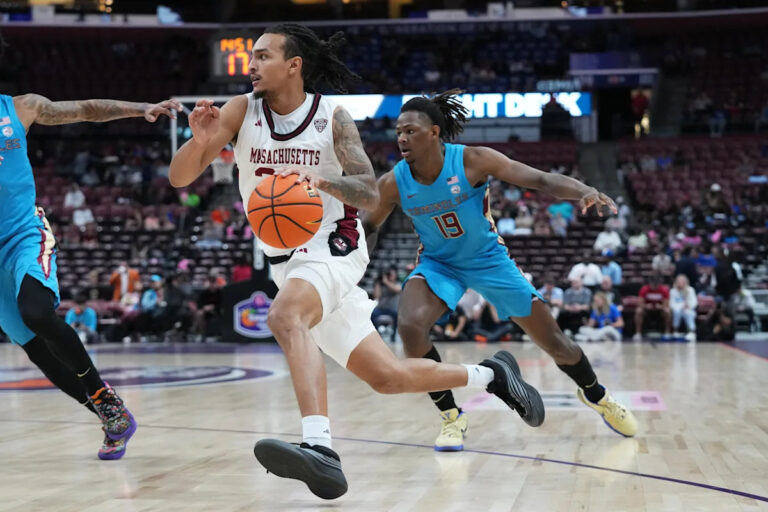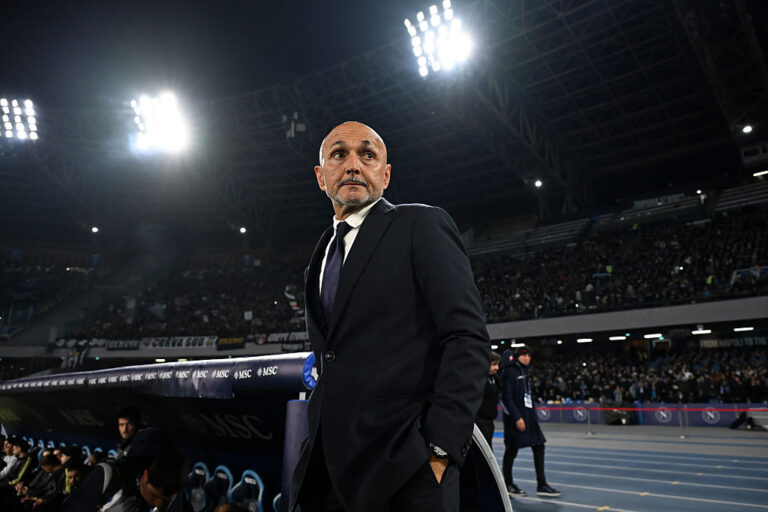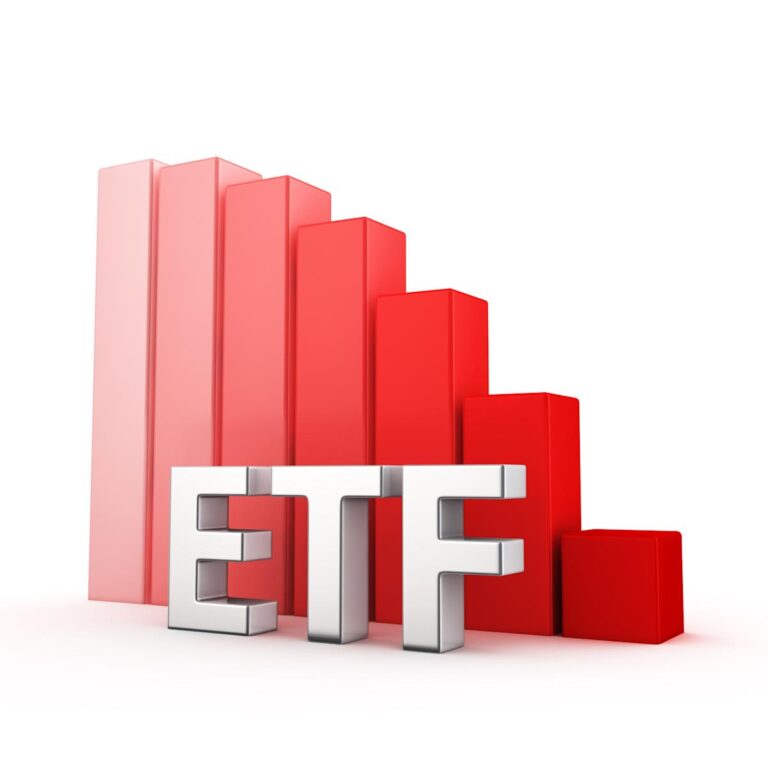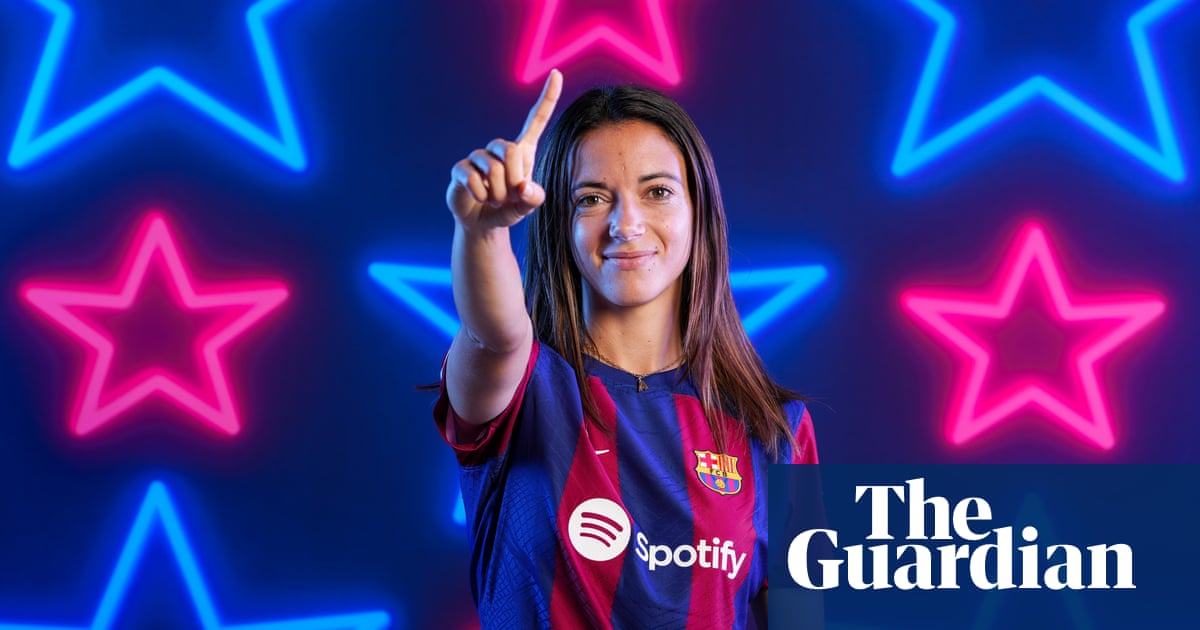
In the NBA, villainy rarely looks like chaos. It often arrives in the form of billionaires who believe their power serves a greater good. The NBA’s old guard of terrible owners – Donald Sterling, Glen Taylor and Robert Sarver – have mostly exited the stage, having offloaded their controlling stakes in recent years. Even James Dolan, long regarded as the autocratic overlord of the New York Knicks, has begun to loosen his grip on basketball operations. Yet as the league evolves, the absence of these figures creates a vacuum – one in which a new archetype of villainous owner can emerge. And from where I stand, Miriam Adelson is the No 1 example.
Adelson, the widow of casino magnate Sheldon Adelson, is worth around $27bn, making her one of the world’s richest women. Her fortune primarily stems from her majority ownership in the Las Vegas Sands casino and resort company. In late 2023, she purchased majority ownership of the Dallas Mavericks from Mark Cuban for $3.5bn. In a little over two years in charge, she has alienated large parts of the team’s fanbase by allowing the trade of a generational superstar, Luka Dončić, who took the team to the NBA finals last season.
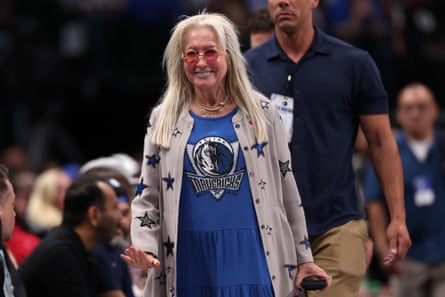
I see the on-court basketball chaos funded by Adelson as a fitting – if much less serious – parallel to her support of an Israeli regime that has inflicted suffering on the Palestinian people. Since the controversial trade that sent Dončić to the Los Angeles Lakers, the Mavericks have experienced a near-total unraveling. A series of injuries, along with the absence of Dončić, mean the Mavericks only just scraped into the play-in tournament a year after reaching the NBA finals. Meanwhile, the franchise has relinquished control of its first-round draft picks from 2027 through 2030 – a period during which their aging core, including Anthony Davis and Kyrie Irving, will likely be in steep decline.
To compound the fan revolt, shortly after the trade the Mavericks announced an average season ticket price increase of 8% for 2025-26, with some seat hikes increasing by 10%. If the goal was to alienate fans, it proved remarkably effective. ESPN’s Tim MacMahon reported that moving on from Dončić may significantly damage the Mavericks – potentially causing the franchise to “lose dozens of millions in revenue this season due to dwindling crowds, plummeting merchandise sales and sponsors severing ties with the franchise in the wake of the trade.” There have been very visible signs of fans’ discontent: when Dončić returned to Dallas with the Lakers to play the Mavs last week, a “Fire Nico” mural had been erected five minutes away from the stadium.
Inside the arena, as the Mavericks played a tribute video thanking Dončić for his years of brilliance with the team, the fruits of Adelson’s ownership decisions came into full view. Dončić, sensing what was to come, asked for a towel before the montage even began – soon he was in floods of tears. Then he stepped on to court and scored 45 points as the Lakers routed the Mavs 112-97.
Watching it all from the seats was Dirk Nowitzki, the man who had led Dallas to their first – and only – NBA title in 2011. When he retired in 2019, a year after the Mavericks drafted Dončić, it seemed like a perfect passing of the torch – until Adelson, Dumont, and Harrison traded away Dončić, the new heart and soul of Dallas. For fans like myself, they did not seem to understand or care about how much Dončić meant to the city of Dallas. Like many superstars before him, he embodied the hopes and dreams of the city he wore on his chest. But from her support of the divisive presidency of Trump – in a city where most of the population voted for Kamala Harris in 2024 – to her backing of Israel as the Gaza campaign continues, to her ownership of the Mavericks, Adelson strikes me as someone who cares little about how her decisions affect others.
There have always been NBA villains. But this may be the first time we’ve had one whose emblem you can wear on a jersey and whose massive influence shapes both the league and American legislation and policy.


